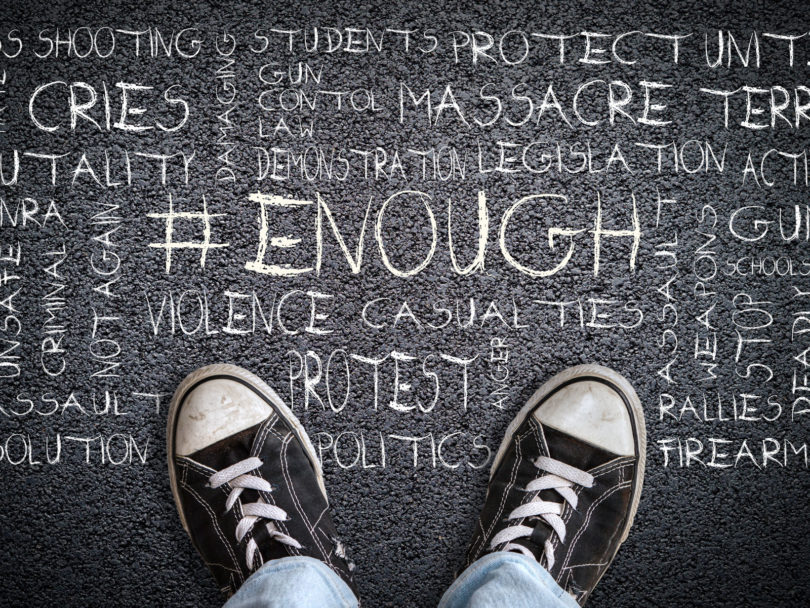With the recent shooting at Marjory Stoneman Douglas High School in Parkland, Fla., parents have begun to question the policies and procedures school districts enact to keep students safe. But who creates a school’s crisis plan? What should parents and students do in the case of an emergency?
The responsibility to establish a school crisis plan rests with each state’s legislature. The U.S. Department of Education provides substantial guidance to state and local school leaders through resources such as the Readiness and Emergency Management for Schools Technical Assistance Program, found online at rems.ed.gov.
In Virginia, school districts are required by state law to conduct annual school safety audits, establish a school safety committee to review the audits and submit plans for improvement, and develop a school crisis plan in coordination with local police, fire and medical personnel. The Virginia Department of Education publishes the guidelines for these requirements on its Division of School Safety website.
In 2000, the General Assembly established the Virginia Center for School and Campus Safety to provide technical support, training and legislative resources to help school systems develop and improve emergency response plans.
Furthermore, schools are required to conduct at least four lockdown drills with students each year to review and practice what to do in case of an emergency. Legally, school districts do not release specific information to the public, such as student movement during drills or security vulnerabilities. However, parents can review reports and general policies available on individual school district websites.
Locally, policies are in place to maintain safety. Doors are locked, security cameras are in place and most schools require visitors to sign in and out through the main office. Many middle and high schools employ security guards and are assigned a law enforcement liaison officer, or school resource officer, who makes regular visits and interacts with students and staff.
With the recent shooting at Marjory Stoneman Douglas High School in Parkland, Fla., parents have begun to question the policies and procedures school districts enact to keep students safe. But who creates a school’s crisis plan? What should parents and students do in the case of an emergency?
The responsibility to establish a school crisis plan rests with each state’s legislature. The U.S. Department of Education provides substantial guidance to state and local school leaders through resources such as the Readiness and Emergency Management for Schools Technical Assistance Program, found online at rems.ed.gov.
In Virginia, school districts are required by state law to conduct annual school safety audits, establish a school safety committee to review the audits and submit plans for improvement, and develop a school crisis plan in coordination with local police, fire and medical personnel. The Virginia Department of Education publishes the guidelines for these requirements on its Division of School Safety website.
In 2000, the General Assembly established the Virginia Center for School and Campus Safety to provide technical support, training and legislative resources to help school systems develop and improve emergency response plans.
Furthermore, schools are required to conduct at least four lockdown drills with students each year to review and practice what to do in case of an emergency. Legally, school districts do not release specific information to the public, such as student movement during drills or security vulnerabilities. However, parents can review reports and general policies available on individual school district websites.
Locally, policies are in place to maintain safety. Doors are locked, security cameras are in place and most schools require visitors to sign in and out through the main office. Many middle and high schools employ security guards and are assigned a law enforcement liaison officer, or school resource officer, who makes regular visits and interacts with students and staff.

